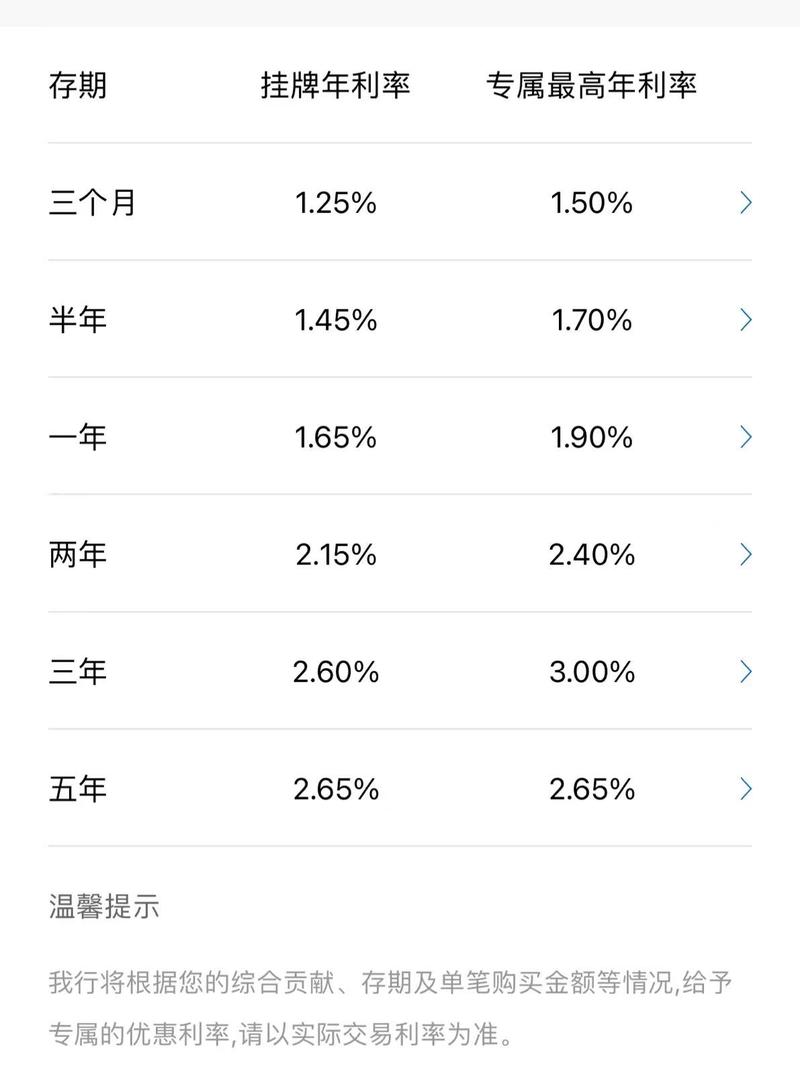对中国文学的感悟和认识
Title: The Allure of Chinese Literature A Literary Journey to Discover the Richness, Depth, and Diversity of Chinese Literary Tradition
As the global interest in Chinese culture continues to grow, the allure of exploring Chinese literature has captured the hearts and minds of many readers worldwide. Chinese literature, with its rich history, diverse genres, and profound cultural insights, offers a captivating journey for those seeking to delve into the essence of Chinese storytelling and artistic expression.
1. Understanding the Historical Significance
Chinese literature, spanning over thousands of years, reflects the profound historical and cultural developments of China. From the ancient classics such as "The Book of Songs" and "The Analects" to the modern works of renowned authors like Lu Xun and Ba Jin, each literary piece serves as a window to understand the societal, philosophical, and political landscapes of different eras in China's history.
2. Exploring the Diversity of Genres
Chinese literature encompasses a wide array of genres, including poetry, classical literature, historical fiction, philosophical writings, and contemporary novels. Each genre presents a unique perspective on Chinese society, values, and beliefs. For example, the lyrical beauty of Tang poetry, the intricate narratives of MingQing vernacular fiction, and the modernist reflections in 20thcentury literature offer a multifaceted view of Chinese literary traditions.
3. Embracing Cultural Symbols and Themes
Chinese literature is rich with cultural symbols, themes, and literary devices that are deeply rooted in Chinese traditions. The exploration of themes such as harmony with nature, Confucian ethics, the pursuit of wisdom, and the complexities of human relationships provides readers with profound insights into the Chinese cultural ethos and values.
4. Recommendations for English Readers
For those eager to embark on a literary journey through Chinese literature, there are several renowned works and authors that serve as ideal starting points. Classics such as "Dream of the Red Chamber" by Cao Xueqin, "Journey to the West" by Wu Cheng'en, and the poetry of Li Bai and Du Fu offer timeless literary masterpieces. Additionally, contemporary authors like Mo Yan, Yu Hua, and Eileen Chang provide modern perspectives on Chinese society and human experiences.
5. The Role of Translation
Effective translation plays a crucial role in introducing Chinese literary treasures to Englishspeaking audiences. Translators such as David Hawkes, Howard Goldblatt, and Julia Lovell have contributed significantly to making Chinese literature accessible to global readers while retaining the essence and cultural nuances of the original works.
6. Engaging with Chinese Literary Community
Engaging with the global Chinese literary community, participating in book clubs, literary events, and online discussions can provide valuable insights and perspectives on Chinese literature. Furthermore, exploring academic resources, such as lectures, articles, and scholarly journals, can offer indepth analyses and interpretations of Chinese literary works.
In conclusion, delving into Chinese literature offers an enriching and enlightening experience, enabling readers to explore the depths of Chinese culture, history, and human experiences. By embracing the diversity of Chinese literary tradition and engaging with the translated works, individuals can embark on a literary journey that transcends boundaries and opens doors to a world of profound storytelling and cultural insights.











